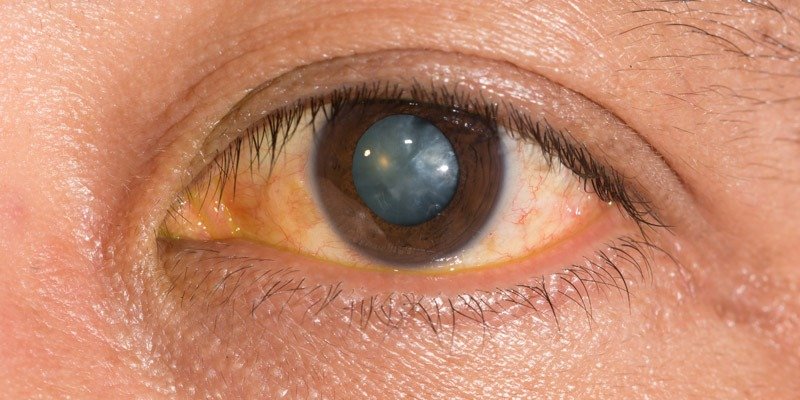VR Training Tool Aims to Combat Global Cataract Blindness
Cataracts, or cloudy patches on the eye’s lens, are one of the leading causes of blindness worldwide, according to the World Health Organization. Despite being highly treatable, millions of people—especially in low- and middle-income countries—continue to suffer from preventable vision loss. The main reason for this is a global shortage of ophthalmologists, leaving many without access to sight-saving surgeries.
To address this issue, Orbis and FundamentalVR have developed an immersive VR-based training simulator to help increase the number of skilled eye surgeons in underserved regions. This cutting-edge technology is designed to assist medical students specializing in ophthalmic surgery, particularly in performing cataract procedures.
The VR simulator creates a safe yet highly realistic training environment by combining virtual reality with haptic feedback, allowing trainees to feel the texture of human tissue while performing simulated surgeries. Additionally, it leverages cloud-based assessment data to track progress and uses affordable gaming hardware, making it more accessible for hospitals and medical institutions.
This innovative training tool is already being used in hospitals across Ethiopia, Bangladesh, India, China, and Mongolia, where it is helping to bridge the gap in ophthalmic education. By providing aspiring eye surgeons with hands-on training, the simulator could significantly expand the global ophthalmology workforce, ultimately reducing preventable blindness.
With continued adoption, this technology has the potential to revolutionize eye care training, ensuring that more patients around the world receive the vision-restoring surgeries they need.
Beyond its impact on cataract surgery training, this VR-based simulator could pave the way for broader applications in ophthalmic education. Future developments may incorporate training modules for other complex eye procedures, such as glaucoma surgery, corneal transplants, and retinal interventions. As more institutions adopt immersive learning tools, the future of global eye care training looks increasingly accessible



